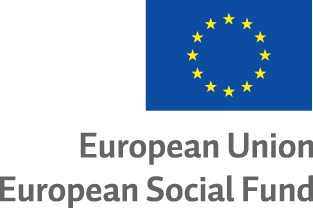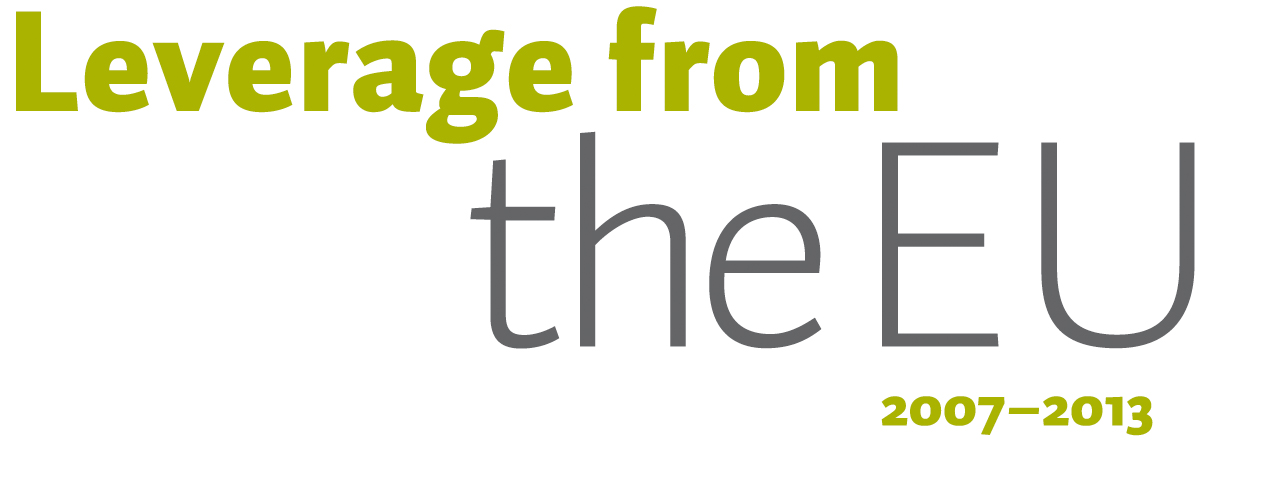Background of the Maamu Study
- Background
- Aims of the project
- Study population and targets of the study
- Implementation of the survey
- Partners and organization
- Schedule
Background
Little knowledge is available on the health, wellbeing and use and need of health services of migrants in Finland. According to international studies, there are differences in the self-reported health, illness, symptoms and mortality of migrant and majority populations. Immigrants seek care more seldom, are required to wait for care longer and may be left completely without care more often than the majority population. The length of time that an immigrant spends in the host country negatively affects the health and wellbeing of the immigrant.
Based on the Study on the Living Conditions of Immigrants (MAMELO, 2002) it is known that non-Western immigrants are more often unemployed, underemployed and poorly paid compared to the majority population. In addition to current health and living conditions, the life situation of immigrant populations and their capacity to cope with activities of daily living may be affected by specific psychosocial factors, such as the degree of integration and the experiences of previous phases of life.
Generally, the samples of population studies always include some participants of migrant origin. However, in population studies aimed at the majority population, the proportion of those who have moved to Finland from foreign countries is so small that no generalizations can be made from the results. For this reason a separate study on the health and wellbeing of migrants was necessary. Maamu study was conducted 2010-2012.
Aims of the project
The Migrant Health and Wellbeing Study (Maamu) produced comprehensive information on the current health status of migrants in Finland and the factors influencing it. The study produced new and needed information on the health, wellbeing and service use of migrants. Information from the study is used to advance the integration and employment of migrants and promote the wellbeing of migrants and their families.
Study population and targets of the study
A nationally representative sample of 3,000 persons was drawn of Russian-speaking, Somali and Kurdish origin population aged 18-64. The participants of the study are randomly selected from the Population Register. The inclusion criteria were as follows:
- country of birth: Somalia, Iraq/Iran or Russia
- mother tongue: Somali, Kurdish or Russian/Finnish
- residence in Finland for at least a year
The cities of Helsinki, Espoo, Vantaa, Turku, Tampere and Vaasa were included in the study. Of each ethnic group, a sample of 1,000 persons was drawn. The sample size of each city was determined according to the proportion of the total number of migrant population in the six cities living in the city of concern.
Targets of the study were general health, major chronic conditions, functional capacity and work ability, determinants of health, diseases, health needs and service needs and their satisfaction, experiences of discrimination and violence and social wellbeing.
The interview included the following parts:
- Background information
- Health and chronic conditions
- Experiences of discrimination and violence
- Health services
- Oral health
- Living conditions
- Social wellbeing
- Work
The health examination included measurements of
- height and weight
- blood pressure, haemoglobin and pulse
- waist and hip circumference
- examination of mouth and dental health
- measurements of functional capacity
- blood tests (consisting of for example fasting glucose levels, blood lipid content, liver function tests and inflammatory markers)
- screening of common psychiatric symptoms (HSCL-25)
- HIV-awareness test
- HIV, hepatitis and syphilis tests are offered
Implementation of the survey
The study consisted of an interview and a health examination, which were both conducted by bilingual field staff. The duration of the interview was approximately 60-90 minutes. The duration of the health examination was 60 minutes.
Partners and organization
The Maamu Study was coordinated by the Finnish Institute for Health and Welfare (THL). The study was planned in cooperation within THL as well as with municipalities, The Centre for Torture Survivors in Finland, the Finnish Institute of Occupational Health and Statistics Finland.
The project was funded by the Social Insurance Institution of Finland (KELA), European Social Fund (ESF) and the Finnish Work Environment Fund. Our partners in collaboration include the Finnish Ministry of Social Affairs and Health, the Finnish Institute of Occupational Health and the six cities in which the study is conducted.
Schedule
The study was carried out in
- Helsinki in 2010–2011
- Espoo, Vantaa and Turku in 2011
- Tampere and Vaasa in 2012
The data collection was completed in spring 2012. A printed basic report was published in the end of 2012. More thorough analysis and work on comparative reports were started in 2013.





